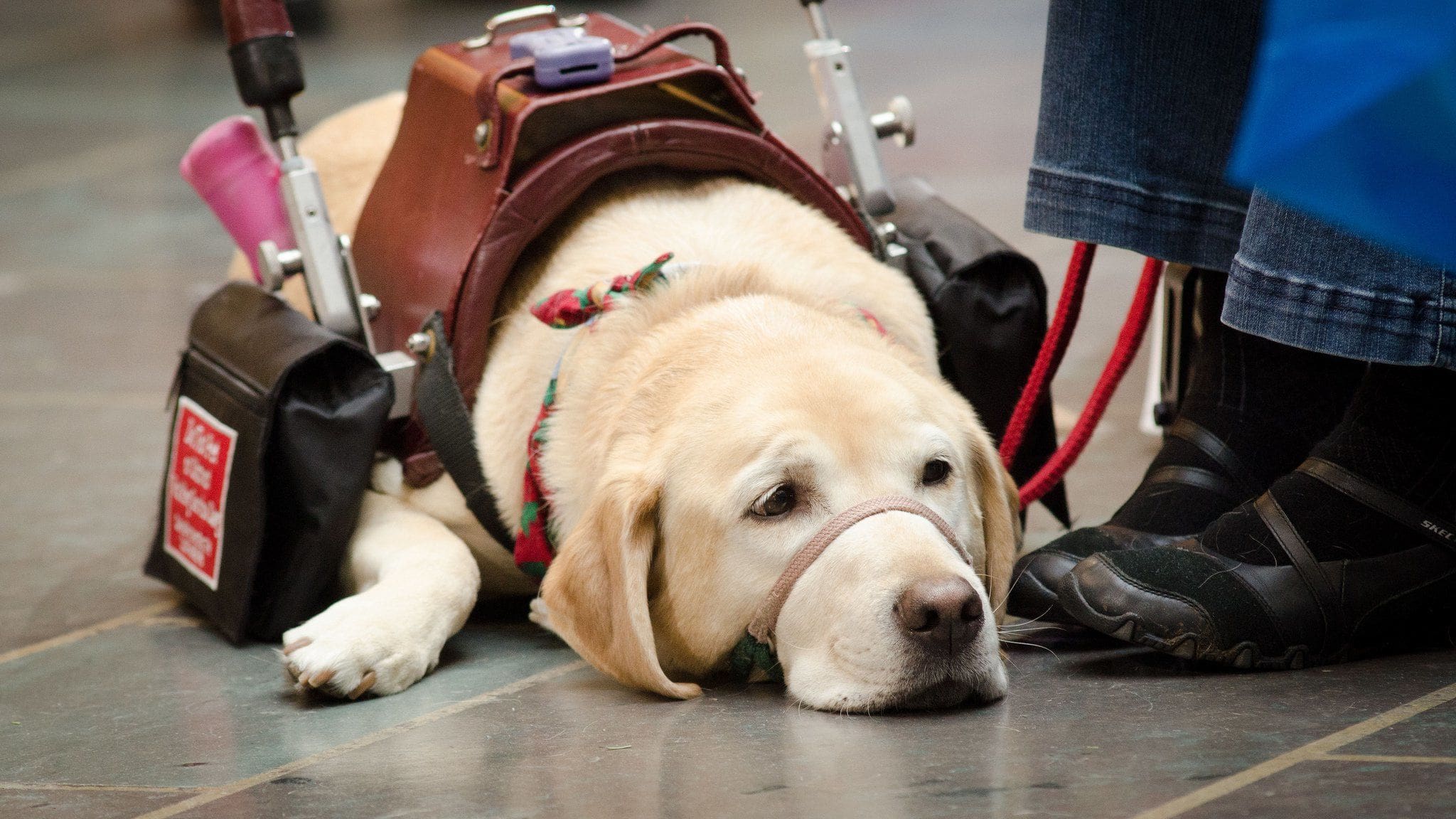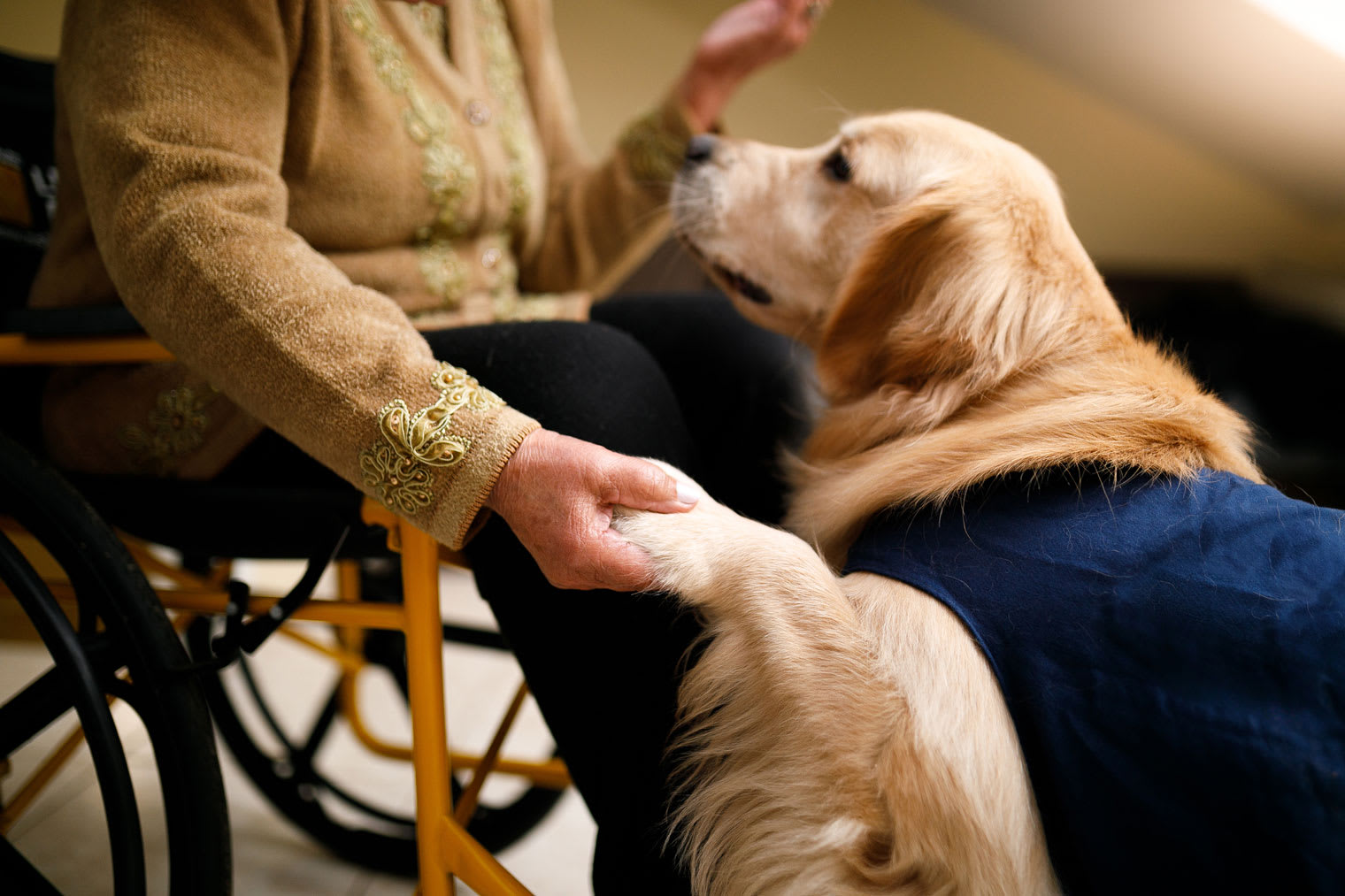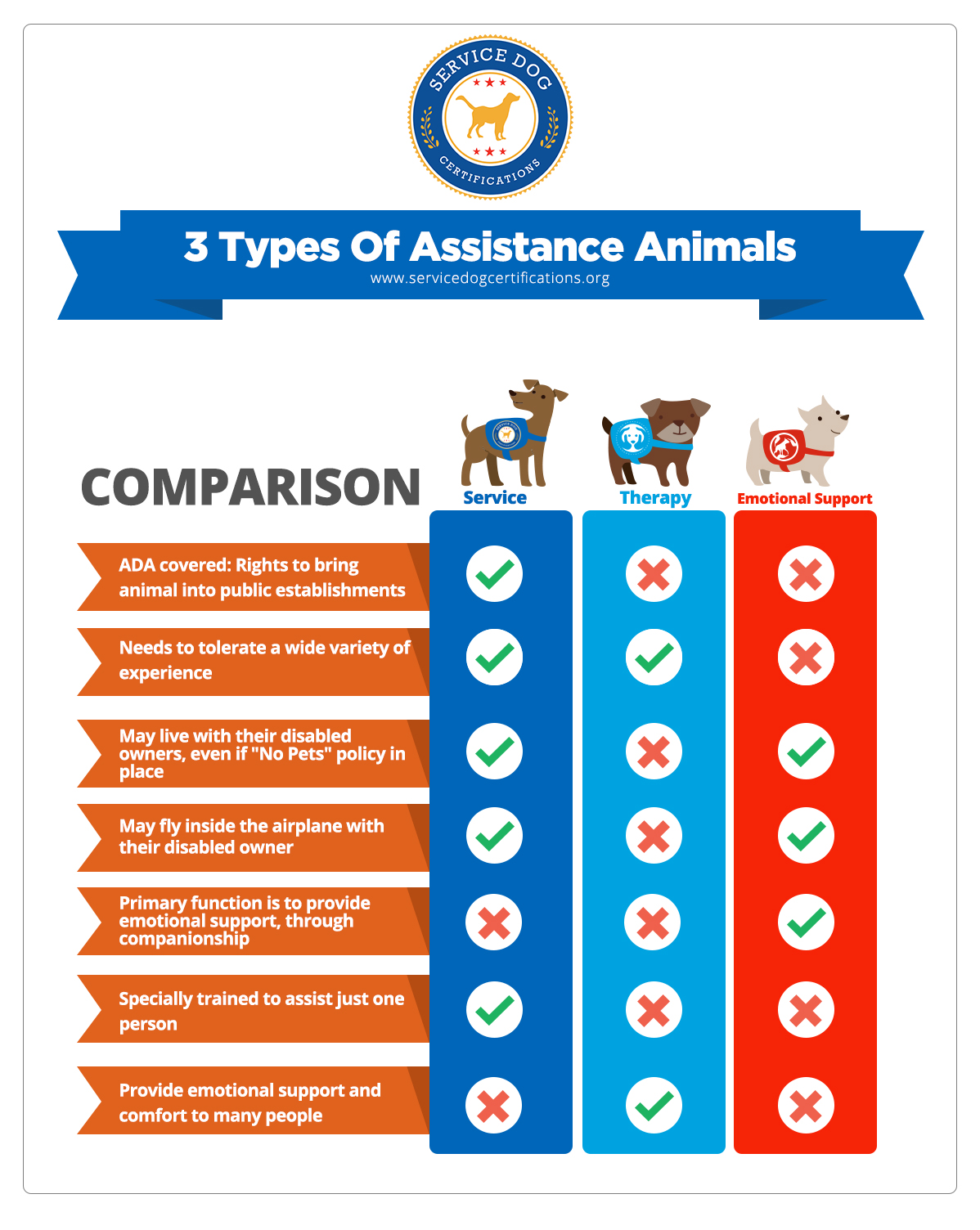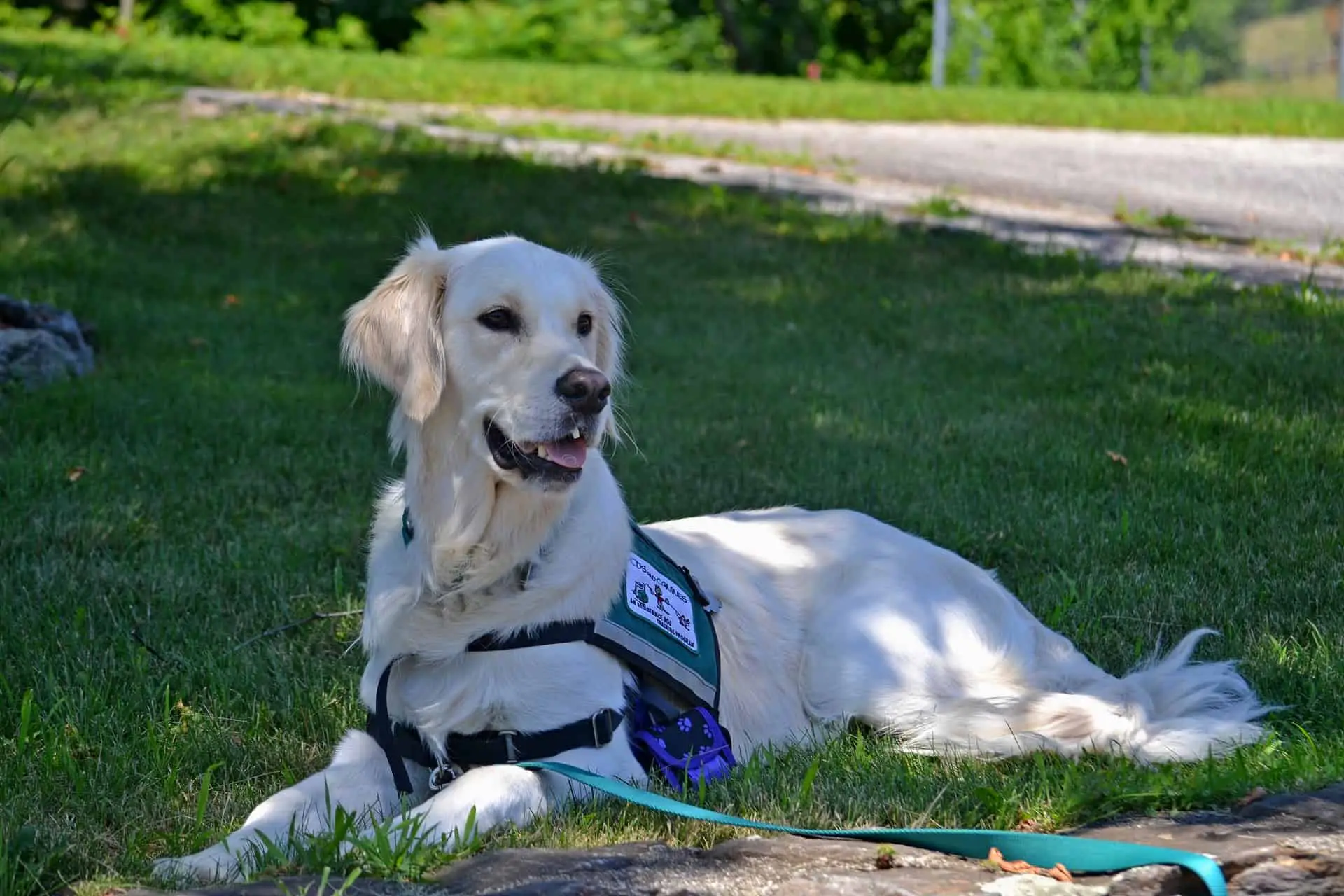Service Animals And Emotional Support Animals In Victim Services

Examples include a dog that guides an individual who is blind alerts a deaf or hard of hearing person when a doorbell rings or picks up and hands a pen to a person a with a mobility impairment.
Service animals and emotional support animals in victim services. Service animals and emotional support animals might have access to buildings and vehicles where animals are normally excluded. Entities may only ask if the service animal is needed for a disability and if the animal has been trained to perform a specific task. An ESA is not a pet a Service Animal or a therapy animal.
Find out the laws in the United States that apply to these. During this session practical information will be provided to direct service providers and other programs open to the public about service and support animals. Emotional support animals are not included.
Emotional support animals ESA are not service animals. Entities may not ask for documentation. If the dog has been trained to sense that an anxiety attack is about to happen and take a specific action to help avoid the attack or lessen its impact that would qualify as a service animal.
A service animal means any dog that is individually trained to do work or perform tasks for the benefit of a person with a disability including a physical sensory or psychiatric disability. Learn the differences between service animals crisis response canines emotional support animals therapy animals and pets. PDF Link to Policy.
How They Are Different and What You Should Know By. You might have noticed them often accompanying someone with a physical disability sometimes wearing a red vest to signify their unique stature and frequently in places you dont expect like on an airplane at a restaurant or in the grocery store. Policy for Service Animals and Emotional Support Animals.
An emotional support animal ESA is an animal that alleviates one or more symptoms or effects of a persons disability and is necessary to afford the person an equal opportunity to use and enjoy Caltech housing. The federal Fair Housing Act requires housing facilities to allow service dogs and emotional support animals if necessary for a person with a disability to have an equal opportunity to use and enjoy the home. Both service animals and emoional support animals are covered by fair housing lawsAnimals that help alleviate symptoms of a disability can be considered emotional support animals or service animals.



















